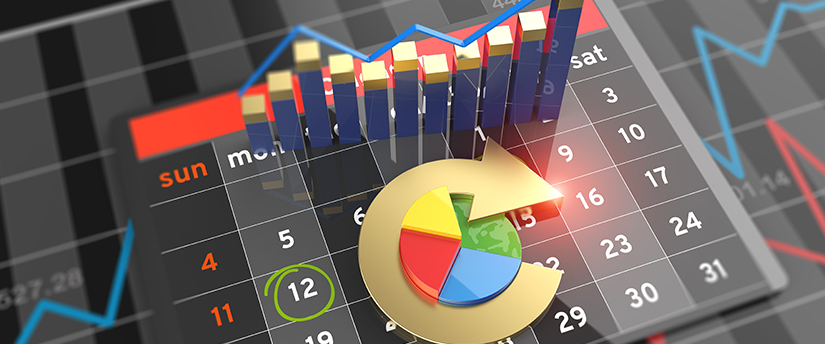In the fast-paced world of Forex trading, staying ahead of market events is crucial for making informed decisions. One of the most valuable tools for traders is the Forex calendar. This dynamic tool provides a comprehensive overview of economic events, announcements, and indicators that can significantly impact currency prices. In this guide, we will delve into the depths of the Forex calendar, explaining its significance and how traders can utilize it to enhance their trading strategies.
A Forex calendar, often referred to as an economic calendar, is an online tool that displays scheduled economic events, news releases, and data publications relevant to the global financial markets. These events include economic indicators like GDP (Gross Domestic Product) reports, employment figures, inflation rates, central bank decisions, and geopolitical developments. The calendar also specifies the date and time when these events are expected to occur.
Why is it Important?
Market Volatility Prediction: The Forex calendar helps traders anticipate periods of high market volatility. Economic events, especially major announcements, tend to cause significant price movements. By knowing when these events are scheduled, traders can prepare for potential market fluctuations.
Informed Decision-Making: Forex traders use the calendar to make informed decisions. By understanding the impact of upcoming economic events, traders can adjust their positions, set stop-loss orders, or refrain from trading during highly volatile times, thereby minimizing risks.
Market Sentiment Analysis: The Forex calendar allows traders to gauge market sentiment. Positive economic indicators can boost a country’s currency, while negative news can lead to its devaluation. By analyzing the scheduled events, traders can anticipate shifts in market sentiment.
Central Bank Actions: Central bank decisions, such as interest rate changes or monetary policy statements, are closely monitored by traders. The Forex calendar highlights these events, enabling traders to react swiftly to central bank announcements, which often have a significant impact on currency values.
How to Use the Forex Calendar
Event Identification: The calendar categorizes events based on their potential impact, ranging from low to high. Traders should focus on high-impact events, as they are more likely to cause substantial market movements.
Time and Date: Pay attention to the date and time of the events. Different time zones are crucial, especially in the global Forex market, to ensure accurate planning and execution of trades.
Economic Indicators: Understand the economic indicators being released and their historical significance. For instance, employment data and central bank decisions are critical indicators that can significantly affect currency values.
Real-Time Monitoring: Utilize platforms that offer real-time updates and notifications based on the Forex calendar. This ensures that traders are aware of the latest developments as they happen, allowing for timely decision-making.
The Forex calendar is an indispensable tool for both novice and experienced traders. By keeping track of economic events and understanding their potential impact on the market, traders can navigate the complexities of Forex trading with confidence. Continuous monitoring of the calendar, combined with a sound trading strategy, empowers traders to make well-informed decisions, mitigate risks, and seize profitable opportunities in the ever-changing world of Forex trading.




